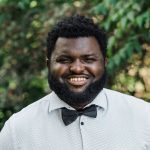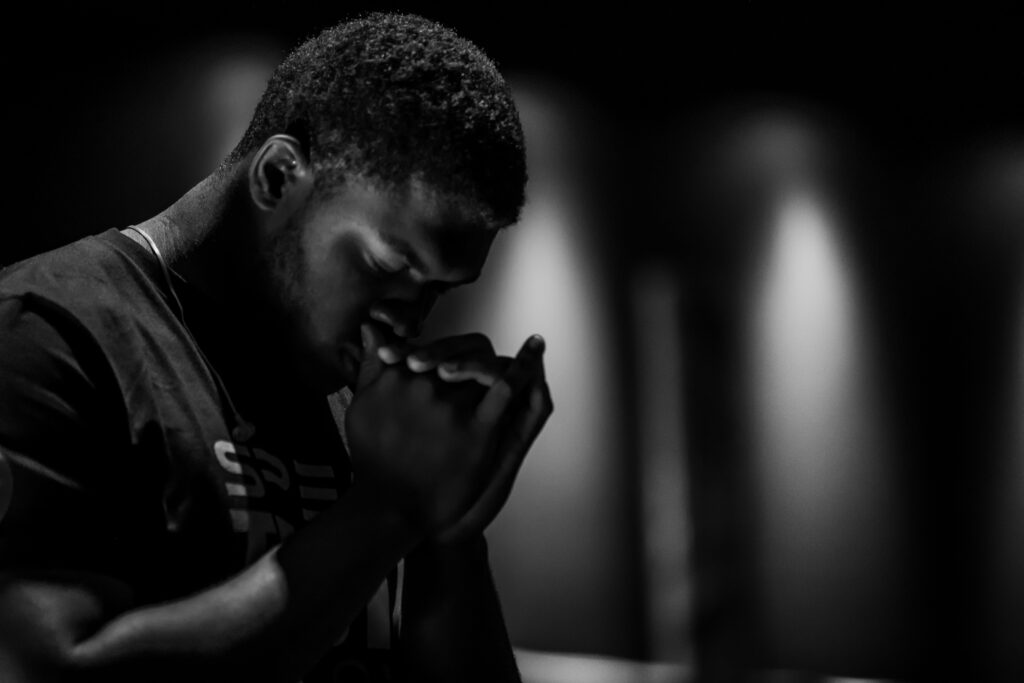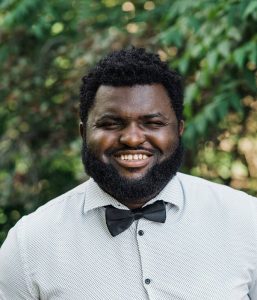I used to say fatherlessness is the biggest problem in black communities. I was wrong.
It’s more accurate to say fatherlessness is one of the biggest problems in black communities.
This is because we cannot separate black families from black churches. Black Americans are the most religious racial group in America. 47% of black Americans go to church at least once a week, compared to 34% of white Americans.
In his PBS documentary, “The Black Church: This Is Our Story, This is Our Song”, Henry Louis Gates Jr. said: “The importance of the role of the Black Church at its best cannot be gainsaid in the history of the African American people. Nor can it be underestimated.”
He also said: “The [Black] Church is the oldest, most continuous, and most important institution ever created by African Americans.”
Therefore, the health of the important institution in black communities determines the state of another institution in black communities: family. Meaning, the reason why there are so many absentee fathers in black communities is because there are so many absentee churches in black communities.
Churches without good leaders inevitably lead to homes without good leaders. We cannot restore black families unless we reform black churches.
Black churches need reformation.
That, of course, doesn’t mean other churches do not need reformation. As Protestants, we should always be reforming—we should always be renewing our minds by scripture alone, in Christ alone, by grace alone, through faith alone, for the glory of God alone.
All American churches are in desperate need of reformation.
However, though much is said about lack of access to quality schools in black communities—very little is said about lack of access to healthy churches in black communities. Since churches are even more important than schools, we should be deeply concerned about the state of black churches.
This doesn’t mean there aren’t any healthy black churches. There are healthy black churches across America. However, they are significantly outnumbered by unhealthy black churches.
Churches without good leaders inevitably lead to homes without good leaders.
For instance, most of the biggest black denominations like National Baptist Convention, the Progressive National Baptist Convention, the African Methodist Episcopal Church, and to a lesser extent the African Methodist Episcopal Church Zion have expressed varying degrees of support for same-sex marriage and LGBTQ ideology.
Moreover, some of the most powerful leaders in the “Black Church” like Raphael Warnock have defended abortion and many more have welcomed pro-abortion politicians Stacey Abrams, Kamala Harris, and Lori Lightfoot to speak at their church.
Mark Hamilton, the pastor of Faithful Stones Church in inner-city Buffalo, says, “the Black Church acts as if says they’’re indifferent to Christ and his mission.” He added, “they have joined forces with people who are hungry for power.”
Faithful Stones Church is just a few feet away from the scene of the white supremacist mass shooting in Buffalo last summer. Hamilton and his church members played a crucial role in serving the community with groceries and especially, the gospel.
Hamilton said: “the hurt I felt for the families who lost loved ones [and] the crushed community I serve both as a minister of God and a minister of the gospel was extraordinarily deep.”
However, as a pastor and a police officer, Hamilton had been grieving for his community long before the mass shooting. He says white supremacy isn’t the biggest problem in his community:
“The white supremacist [mass shooter] was not from our community and was not the federal head for all white people in our community…White supremacy is not the biggest problem but the biggest distraction from the number one problem in the community, specifically…black on black crime by gang violence.”
Hamilton says churches in his community support critical race theory, LGBTQ ideology, abortion, and the prosperity gospel which “are harming the community.” Therefore, they need reformation, just like his church years before.
Like most churches in the community, Faithful Stones Church was once a prosperity gospel or Word of Faith church. However around 20 years ago, the church—led by Mark Hamilton’s father, Curtis Hamilton—denounced the Word of Faith gospel (and egalitarianism) and eventually became Reformed.
Through that process the church’s membership went from 300 to 40 members. However Mark Hamilton says, “we had a steady decline in membership but a steady increase in faithfulness to the scriptures.”
He also says what happened to his church is what other churches in his community need:
We are reformed and reforming to be faithful to the scriptures and Christ our King…We are not a woke church but we are certainly awakened from the dead and alive to Christ…We are not ashamed of the gospel of Jesus Christ for it is the power of God for salvation.






















